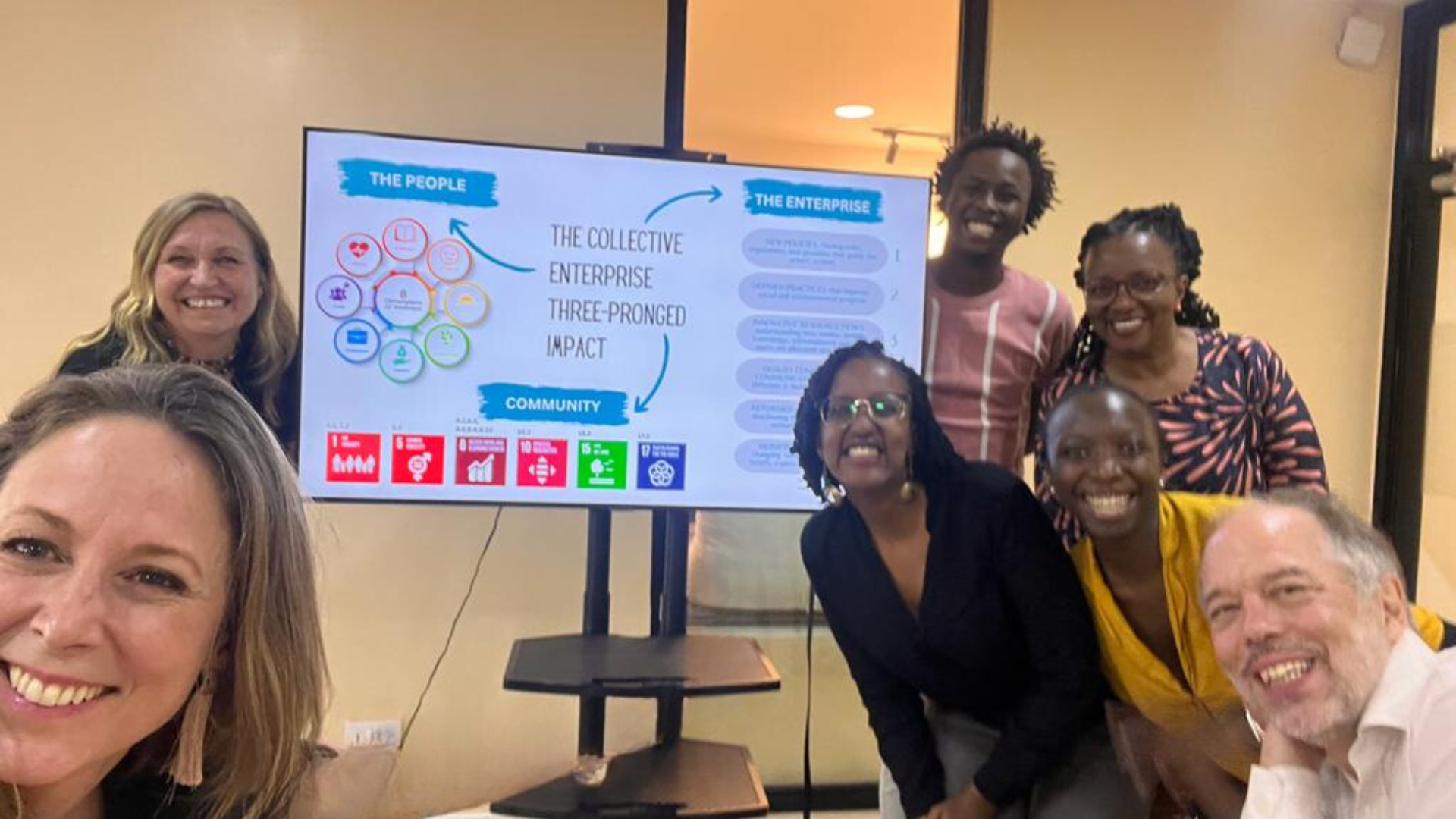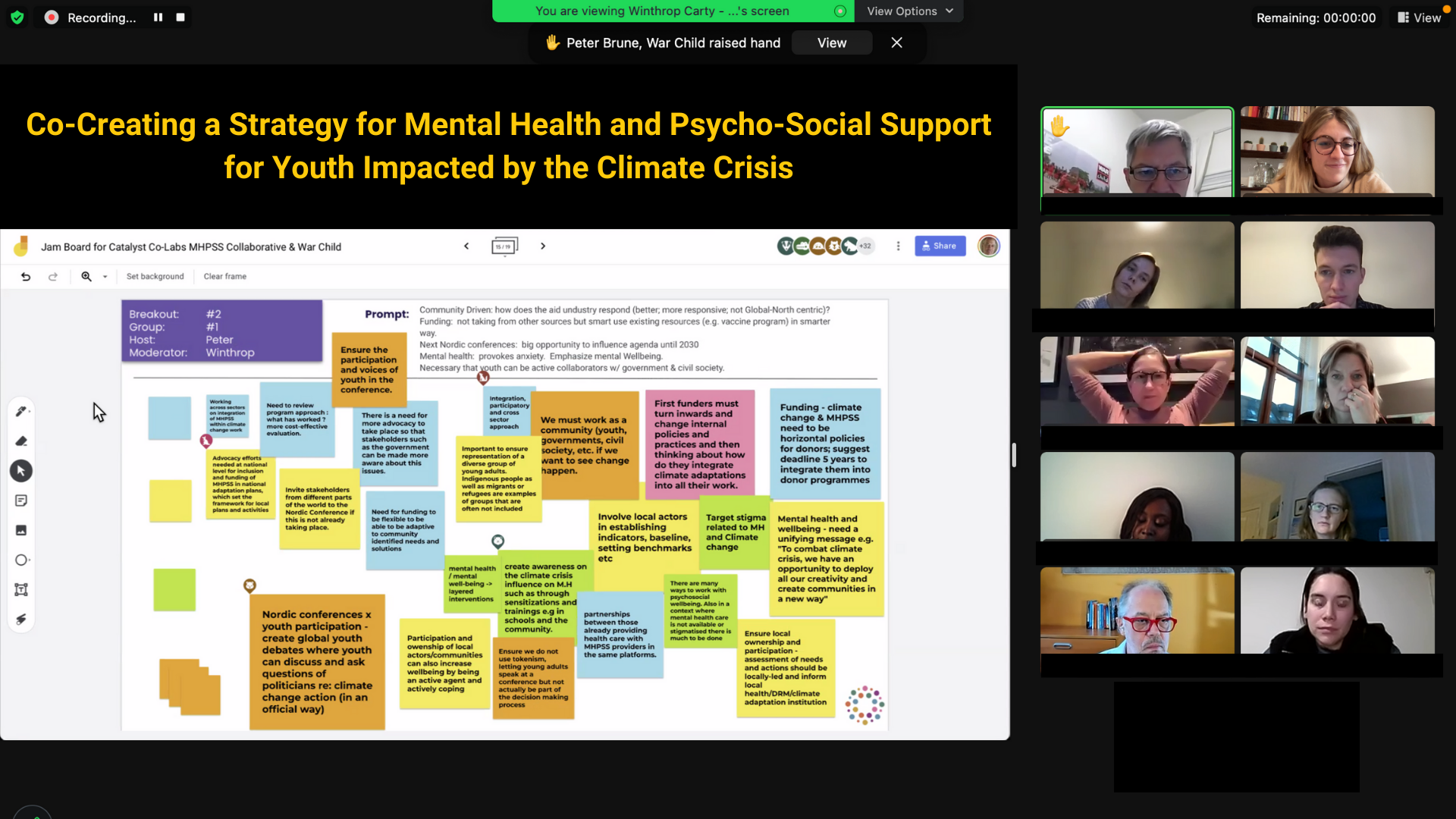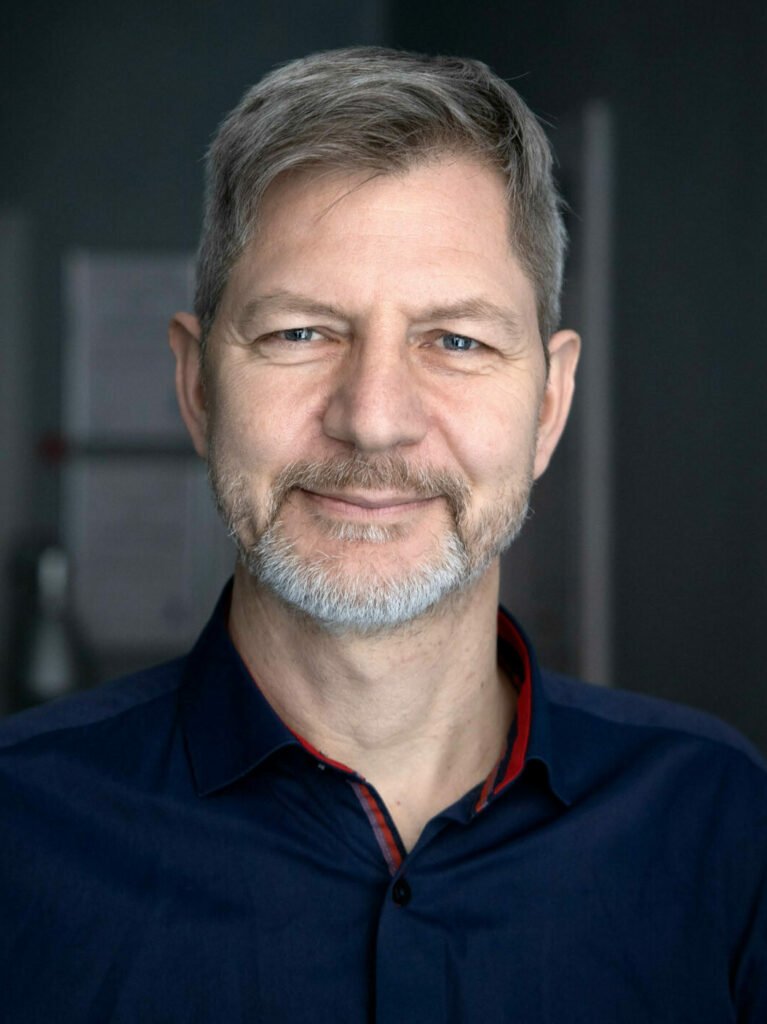
Outcomes
from Previous
Co-Labs
This is where we share results from previous Co-Labs.
For deeper insights, contact us directly.
Our whole reason for existing is to open source solutions to those who can use them for good.

RESULT FROM DESH KA BAG CO-LAB: The Co-Lab sparked collaboration among several of the Co-Lab participants to develop a detailed strategy and funding proposal. Read more below.

RESULT FROM WE LOVE READING CO-LAB: The ideas and collaborations that emerged from this Co-Lab contributed to We Love Reading receiving support from UNESCO and to attracting pro bono tech development assistance to create a platform. Read more below.

RESULT FROM THE CVPA CO-LAB: Identification of multidimensional Collaboration metrics including: Ethics/Operating Principles, Sustainability, Shared Value (but not always equal value), Clarity of Roles, Transparency & Accountability, Shared Story/Narrative and Formal Communications. Read more below.

RESULT FROM OC CO-LAB: To create and promote a list of best practices for funder-NGO relationships. Read more below.

RESULT FROM MHPSS CO-LAB: A case for new policies and funding for mental health and psycho-social support of youth impacted by climate change presented to Nordic governments and other funders. Read more below.
Outcomes from the War Child/MHPSS Collaborative Co-Lab
Meet our Hosts: Marie Dahl and Peter Brune
About the Challenge for this Co-Lab:
Since 2022, the Nordic Countries have been hosting a joint summit on Mental Health and Psychosocial Support (MHPSS) in Fragile and Humanitarian settings. The countries take turns in hosting the summit, and in March 2024 it was Sweden’s turn. Co-hosted by a consortium of Nordic MHPSS-actors together with the Ministry of Foreign Affairs of Sweden, the second summit focused on expanding the seven action areas adopted from the Copenhagen Roadmap in 2022. You can read more about the roadmap here.
The challenge for this Co-Lab was to expand the Nordic Nations knowledge and expertise on the quite new issue of climate-change-driven mental health and psychosocial needs of children and youth.
In order to “hit the ground running” the first day of the conference, the goal was to come up with a set of recommendations to be submitted to Nordic policy makers and global funders and social-sector leaders at the conference, in order to achieve greater focus and funding.
The Co-Lab
For this Co-Lab we recruited 34 experts and practitioners in mental health, youth support, climate, and disaster response from 21 countries. The Co-Lab Sessions added youth and community voices alongside researchers and operational experts to deliver insights to drive a case for new policies and future programmatic areas for funding to address this pressing challenge. We also focused on involving people from all over the world with real lived experience to impact future funding decisions, which they actually did. In one way one can say that this was true democracy in action.
About our Hosts:
War Child Sweden
War Child works to enhance the lives of children affected by war globally through programs focusing on psychosocial support, education, and protection. Operating from Colombia to Palestine, we ensure every child's right to a stable, peaceful future. Read more here.
The MHPSS Collaborative
The Mental Health and Psychosocial Support Collaborative is an online community of practicioners dedicated to mental health and psychosocial support in challenging humanitarian and development contexts. Read more here.
Outcomes
At present, War Child and the MHPSS Collaborative are developing the case for Nordic governments to invest more funds for MHPSS programs at the intersection of youth and climate change in fragile environments. This is being done in collaboration with Co-Lab participants based on their learnings from the Co-Lab.
This is only the beginning. Stay tuned!
Do you want to get in touch with Peter or Marie for more info? We are happy to introduce. Contact us
Outcomes from Collaborative Value Partners Africa Co-Lab
Meet Our Host: Dr. Wamuyu Mahinda
About CVPA
Collaborative Value Partners Africa (CVPA) utilizes the Collective Enterprise Model for African Homegrown Solutions to achieve systems change through a three-pronged impact approach targeting individuals, communities, and enterprises. The organization currently supports 16 social entrepreneurs across six African countries.
The Challenge
To measure the impact of the Collective Enterprise Model so that CVP-A can manage, evolve, and replicate it for impact.
The Co-Lab
Catalyst Co-Labs hosted a hybrid event, convening over 20 experts and practitioners locally in Nairobi including participants from 10 countries online. Through two dynamic co-creation facilitated sessions, the teams identified multiple measurement approaches to track performance and impact resulting from collaboration among social enterprises, the community, private sector partners, and government.
Outcomes
Identification of multidimensional Collaboration metrics including: Ethics/Operating Principles, Sustainability, Shared Value (but not always equal value), Clarity of Roles, Transparency & Accountability, Shared Story/Narrative and Formal Communications. Many of the participants plan to stay involved with CVPA’s next steps as they leverage their shared learning from the Co-Lab.
Want to get in touch with Wamuyu for more info? Contact us
Outcomes from the Desh Ka Bag Co-Lab
Meet our Host: Poonam Bir Kashturi
About Desh Ka Bag
Desh Ka Bag is a circular, traceable, and scalable system for reducing plastic bag waste in India, focusing on small vendors. This initiative involves creating a self-funding, trackable ecosystem of recycled shopping bags to combat plastic use at its origin.
The Challenge
To identify and develop the incentives and technologies for street vendors to replace plastic bags with the recycled cloth Desh Ka Bag.
The Co-Lab
This Co-Lab brought together 26 experts from 10 countries, ranging from the head of India’s Street Vendor Association to experts in fintech and marketing.Together they identified incentives and technologies for street vendors and others in the supply chain to replace plastic with recycled bags.
Outcomes
The Co-Lab sparked collaboration among several of the Co-Lab participants to develop a detailed strategy and funding proposal. According to Poonam this was a game changer, “Our work needed this diversity of expertise that we were able to tap into, which really is the strength of the Co-Lab connections”.
Want to get in touch with Poonam for more info? Contact us
Outcomes from the We Love Reading Co-Lab
Meet Our Host: Rana Dajani
About We Love Reading
We Love Reading is a research-backed program that trains local volunteers to inspire children to read for fun. With over 3000 Reading Ambassadors globally, these community leaders read aloud to thousands of children daily, promoting literacy, education and changes in mindset.
The Challenge
To connect over 3,000 reading ambassadors worldwide for peer support and collaboration.
The Co-Lab
In January 2021, this Co-Lab supported We Love Reading to better connect We Love Reading’s 3000 ambassadors worldwide through a peer-to-peer platform. The Co-lab Team curated a group of 28 tech, educational design and strategy experts and practitioners from 14 countries to help Rana and her organization with her challenge.
Outcomes
The ideas and collaborations that emerged from this Co-Lab contributed to We Love Reading receiving support from UNESCO and to attracting pro bono tech development assistance to create a platform.
Want to get in touch with Rana for more info? Contact us
Outcomes from Opportunity Collaboration Co-Lab
Meet our Host: Opportunity Collaboration
About Opportunity Collaboration
OC is an annual “unconference” that brings together changemakers, grantmakers, investors, and others for authentic conversations around tackling poverty. One of OC’s goals is to spark collaboration among its delegates.
The Challenge
To improve power dynamics between funders and grassroots nonprofit organizations.
The Co-Lab
At the Opportunity Collaboration conference in the Dominican Republic, we delivered a two-day Co-Lab focused on addressing power dynamics between funders and local leaders. The event utilized three hosts with distinct roles—a funder, an intermediary, and a grassroots NGO—represented by Emily Mochizuki Lutyens of Common Future, Evan Cauble-Johnson of Street Business School, and Samson Wambuzi from Uganda's Yiya Solutions.
Outcomes
A decision to create and promote a list of best practices for funder-NGO relationships to be adopted by practitioner groups from OC.
Want to find out more about Opportunity Collaboration? Look here











